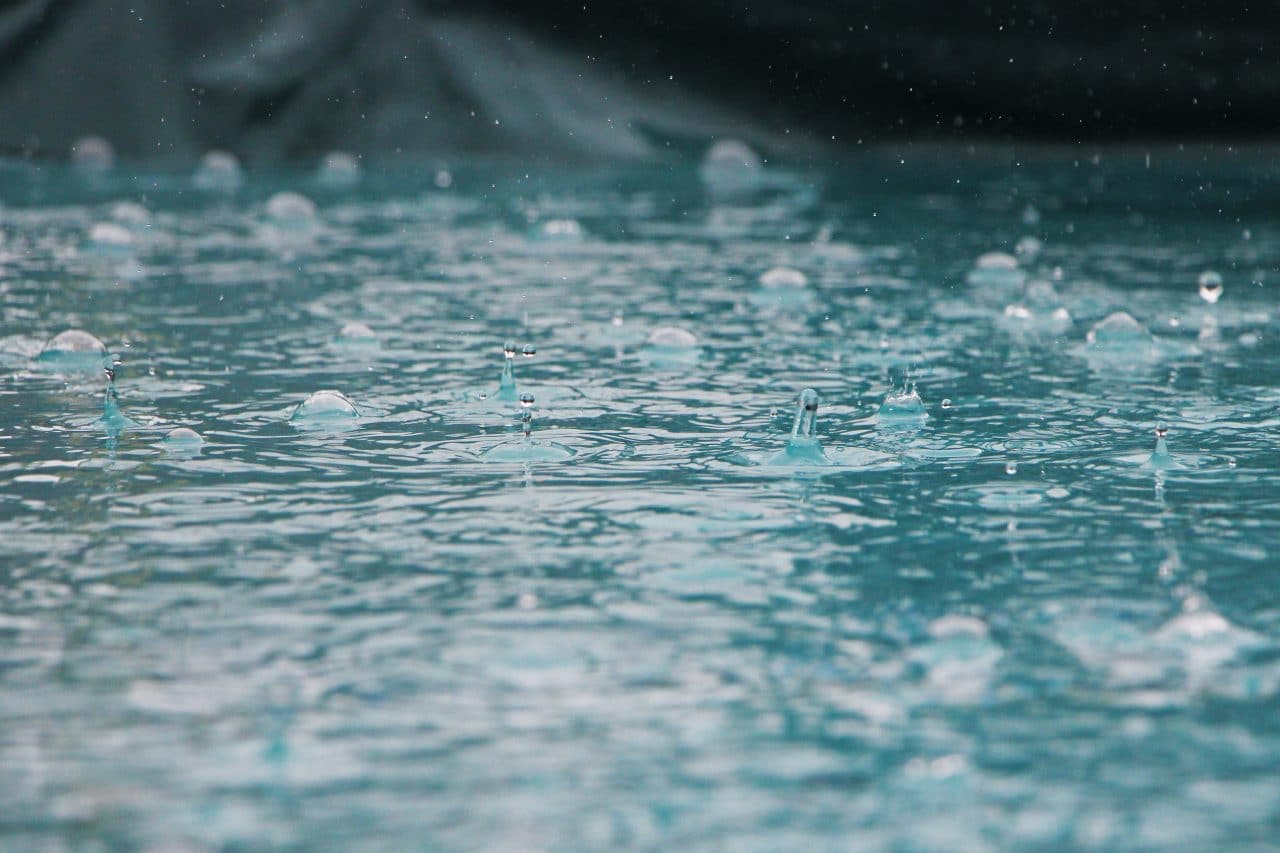Hearing aids are a valuable investment in your health. For that reason, you want to make sure they are properly cared for so that they can function at their highest level. It’s helpful to develop a routine to care for your hearing aids that includes:
- Daily cleaning with a soft, dry cloth or brush
- Storing hearing aids in a cool, dry place
- Check ins with your audiologist every 6 months to a year
- Replacing dead batteries immediately
- Avoiding exposure to moisture and humidity
However, even with the best care accidents can happen. You could forget to take your hearing aids out before you hop in the shower or go for a swim at Pavilion Center Pool. Even rain or extremely humid conditions can expose your hearing aid to enough moisture to cause damage to the device.
When this happens it’s important to know what to do to dry out your hearing aids and keep them functioning properly.
Why Does Water Pose a Threat to Hearing Aids?

Even though most hearing aids are designed to withstand some exposure to water and humidity, repeated exposure can cause problems. Continued exposure to high humidity can negatively affect your hearing aid battery by shortening its lifespan and causing the device to malfunction.
How to Prevent Damage to Hearing Aids
If your hearing aids do accidentally get wet, don’t panic. The steps listed below should help you prevent damage to your device.
- Remove the hearing aid from water as soon as possible.
- Open the battery door and remove the battery.
- Gently dry the hearing aid with a soft towel.
- Place the hearing aid in a drying box or dehumidifier.
What are Drying Boxes and Dehumidifiers?
A drying box is a small box that uses air, heat and sometimes UV light to dry out your hearing aids. You simply remove the battery, keeping the battery door open, and place your hearing aids in the box. Drying time can take anywhere from 45 minutes to several days depending on the amount of water exposure.
Dehumidifiers are similar to drying boxes, except they use desiccants instead of heat or air. These desiccants are often in the form of discs or pellets and are a great option if you don’t want to have to plug anything in.
What if Hearing Aids Aren’t Working?
If after you’ve properly dried your hearing aids and replaced the battery you notice they aren’t working correctly, contact your hearing specialist. They can offer some troubleshooting suggestions, and if those don’t work, schedule you to come in for any needed repairs.
To learn more about caring for hearing aids when they get wet or to schedule an appointment with a hearing aid expert, contact Nevada Ear + Sinus Institute today.
Call Nevada Ear + Sinus Institute at (702) 735-7668 for more information or to schedule an appointment.